The effort to reconcile general relativity with quantum mechanics always hits one snag: gravity. An experiment could finally tell us if it is a quantum force.
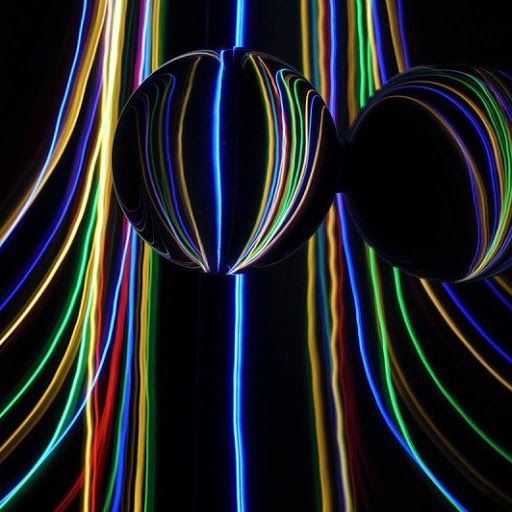

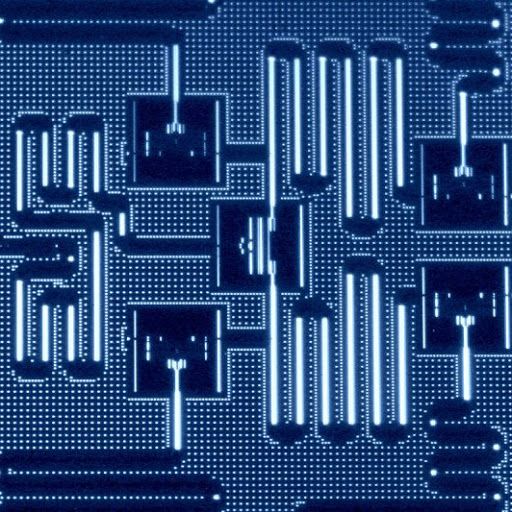
Can spot quantum errors IBM research By Mark Kim What good is a fast computer if you can’t trust it? Thanks to half a century of research on getting computers to do their job correctly even in the presence of mechanical errors, our modern machines tend to be pretty reliable. Unfortunately, the laws of sheer complexity of which leaves them prone to errors. Now, we finally have the first demonstration of a quantum program that can detect data corruption.
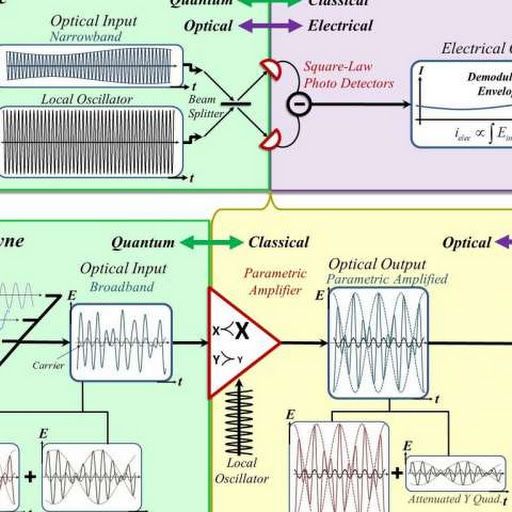
In quantum communication, the participating parties can detect eavesdropping by resorting to the fundamental principle of quantum mechanics — a measurement affects the measured quantity. Thus, an eavesdropper can be detected by identifying traces his measurements of the communication channel leave behind. The major drawback of quantum communication is the slow speed of data transfer, limited by the speed at which the parties can perform quantum measurements. Researchers at Bar-Ilan University have devised a method that overcomes this, and enables an increase in the rate of data transfer by…
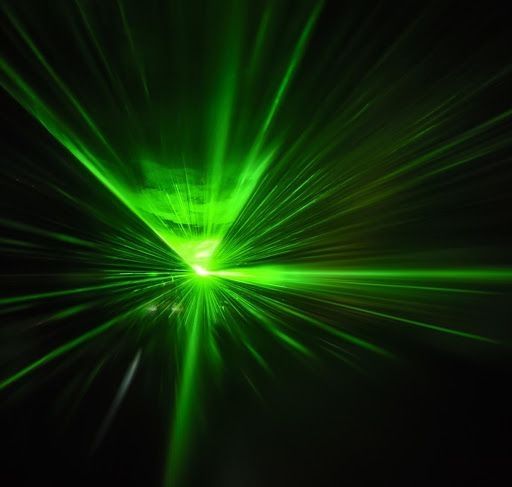
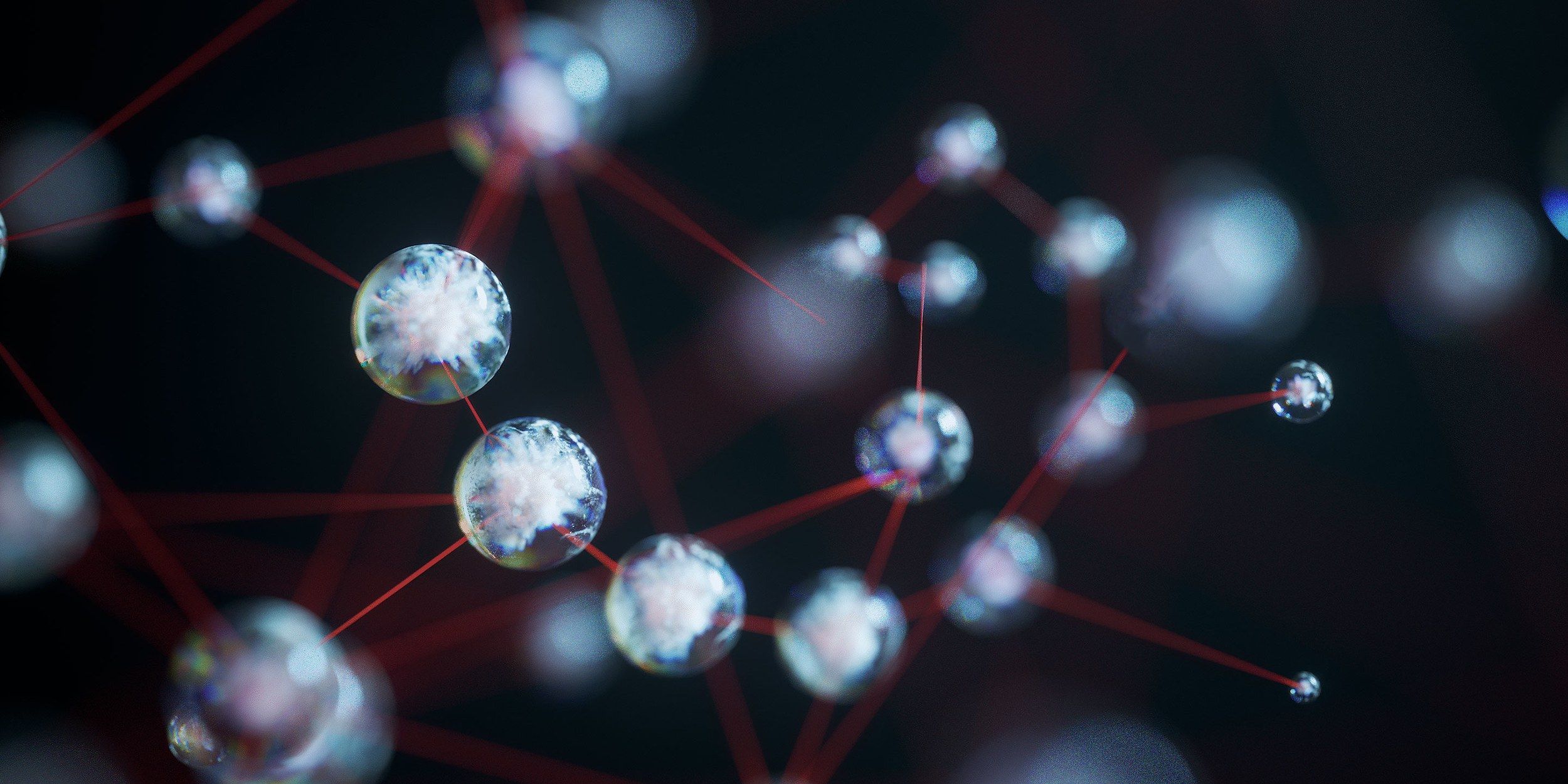
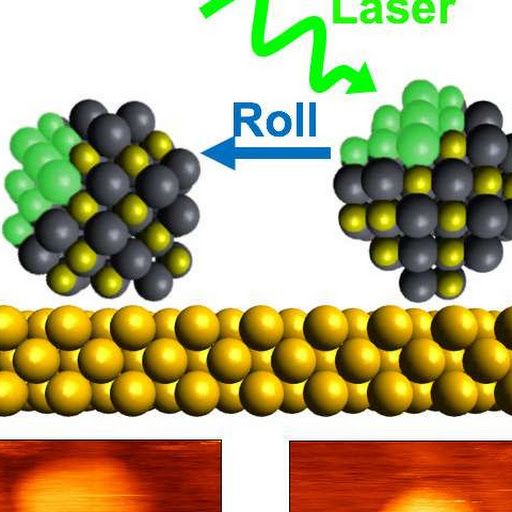
“Eventually, as the kinks are worked out, quantum machines will have a wide impact from scientific research to business. But there’s another area that could benefit from their problem-solving prowess too: Social impact.”
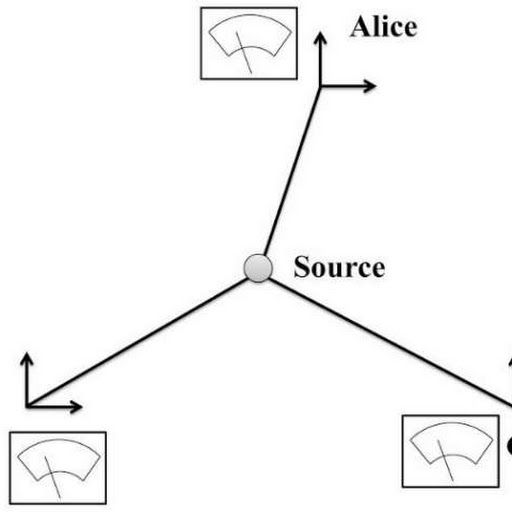
By building the most general framework for the n-particle Hardy’s paradox and Hardy’s inequality, the results of the new paper provide a stronger Hardy’s paradox, and can also detect more quantum entangled states. As the success probability for the three-qubit generalized Hardy’s paradox reaches 0.25, the researchers are very hopeful that it will be observed in future experiments. Credit: Jiang, et al. © 2018 American Physical Society In 1993, physicist Lucien Hardy proposed an experiment showing that there is a small probability (around 6–9%) of observing a particle and its antiparticle in…
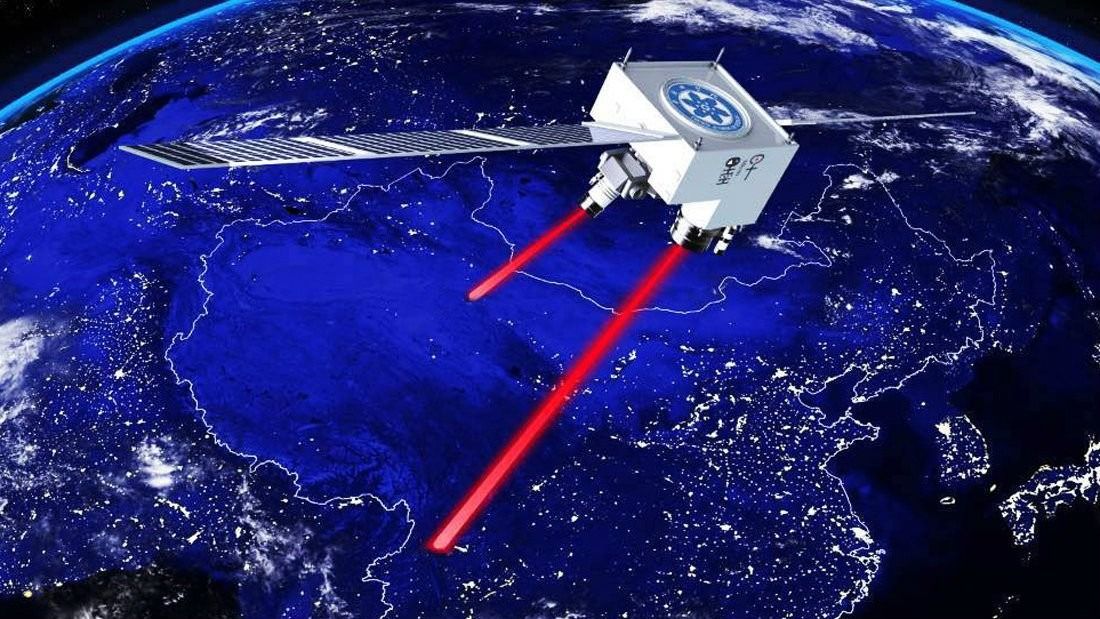
The Chinese “Micius” satellite has successfully set up the world’s most secure video conference, using quantum cryptography to connect scientists in Europe and China for an unhackable, intercontinental chat.
The feat marks another milestone for the satellite, officially called Quantum Experiments at Space Scale (QESS), which only last year was making headlines for transmitting an “unbreakable” quantum code to the Earth’s surface.

China has gathered 120 researchers from around the military to work for its top research institute as part of a push to develop military applications for artificial intelligence and quantum technology, state media reported.
Experts from within the military to work for its top research institute as China modernises its armed forces to give them cutting-edge equipment and arms.